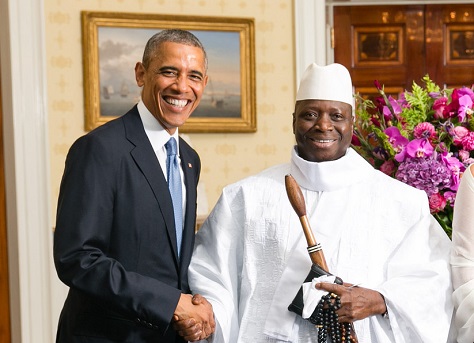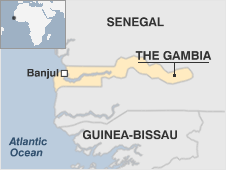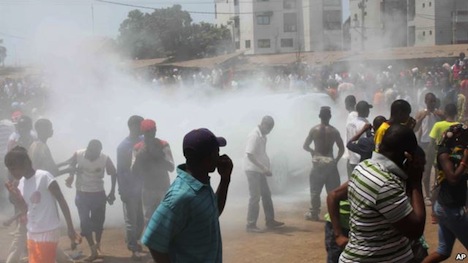Planned elections in Burkina Faso on October 11 do not seem likely to move forward after the country’s interim president, Michel Kafando, was ousted Thursday by the military.![]()
Kafando came to the presidency only last November, following a military coup against Burkina Faso’s leader of 27 years, Blaise Compaoré, when the longtime strongman tried to amend the constitution to permit him to run for reelection yet again. Initially, during the October 2014 coup, it was Isaac Zida, a leading member of the Régiment de sécurité présidentielle (RSP, Presidential Security Regiment), a high-powered security forced that Compaoré formed as a counterweight to the regular army, who quickly emerged as the country’s interim leader. International pressure forced Zida and the RSP to hand power to Kafando, Burkina Faso’s long-serving ambassador to the United Nations, with Zida serving as interim prime minister.
That arrangement seemed to be working, with Burkina Faso — a landlocked country of over 17 million people in west Africa that neighbors Mali and Ghana — preparing for elections next month.
* * * * *
RELATED: Sankara ghost hangs over Burkina Faso turmoil
* * * * *
Nevertheless, Burkinabés woke up Thursday morning to the sight of lieutenant colonel Mamadou Bamba (pictured above) delivering a terse statement on behalf of the newly christened ‘National Council for Democracy’ that had tasked itself with ‘put[ting] an end’ to the ‘deviating’ transitional regime and establishing a government that would ‘restore political order’ for the purpose of holding ‘inclusive and peaceful’ elections. Continue reading Military coup casts doubt on Burkina Faso elections








